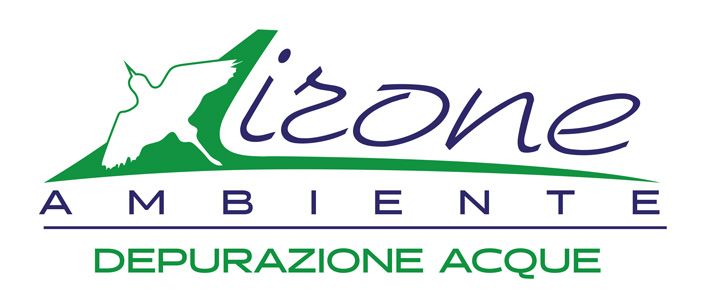Sale of chemical products
for water purification
Our water purification chemicals optimize the efficiency and productivity of wastewater treatment plants, generating cost savings through reduced consumption. In many cases, managing water treatment with these products not only complies with regulatory limits but also reduces disposal costs.
Our company specializes in the sale of innovative, high-quality chemical solutions designed to effectively treat and purify water, both in residential and industrial settings. Thanks to a wide range of specialized products, we are able to address a wide range of purification needs, ensuring optimal results and compliance with current environmental regulations.
Using chemical water purification products is essential for removing pollutants, reducing bacteria, and ensuring clean and safe water for all uses. Our experience in the industry allows us to offer specialized advice and technical support, helping you choose the products best suited to your specific needs.
We are committed to promoting sustainable and effective solutions, contributing to environmental protection and public health through the responsible and innovative use of water purification products.
Direct sales of water treatment chemicals in canisters, IBCs, and bulk.
Disinfectants
Disinfectant products used in industrial wastewater treatment plants are designed to eliminate or inactivate pathogenic microorganisms present in the treated water.
Coagulating
Coagulants are products used to purify industrial wastewater to promote coagulation and the formation of microflocs. These flocs help remove suspended particles and other impurities from the water, facilitating the subsequent sedimentation and filtration phases.
Polyelectrolytes
Polyelectrolytes are ionic polymers that contain electrical charges. These compounds are used in industrial wastewater treatment to perform various functions, including coagulation, flocculation, and particle sedimentation.
Polyelectrolytes are long-chain polymers that contain ionic functional groups, such as positive charges (cations) or negative charges (anions).
They can be classified into cationic polyelectrolytes (containing positive charges), anionic polyelectrolytes (containing negative charges) and non-ionic polyelectrolytes (without charges).
Polyelectrolytes are used to create agglomerates of suspended solids (called flocculation) that may have previously been coagulated by a coagulant product, thus improving solid/liquid separation and promoting sedimentation and possible filtration.
Bacterial Mixtures
Bacterial mixtures in industrial wastewater treatment refer to the use of selected bacterial cultures or bacterial consorts to perform specific biological functions in the purification process. These bacterial mixtures are essential in biological treatment processes and can be used in various contexts to remove organic pollutants from wastewater.
Antifoam
Antifoams are also water treatment chemicals. They are designed to reduce or prevent foam formation in industrial wastewater during treatment processes. Foam formation can be undesirable as it can compromise treatment efficiency and operational management.
Activated Carbon
Activated carbon is a porous material made from carbonaceous raw materials such as coal, wood, or coconut shells. In industrial wastewater treatment, activated carbon is often used as an adsorbent to remove organic contaminants, chemical compounds, and dyes from water.
Legionella
Emilia-Romagna Region Guidelines.
Here are some commonly used anti-legionella chemicals:
- Chlorine biocides: Active chlorine solutions used to disinfect water and prevent the growth of bacteria, including those responsible for legionellosis.
- Chlorine dioxide-based biocides: An alternative to traditional chlorine, chlorine dioxide is effective in treating water for the prevention of legionella.
- Stable chlorine dioxide biocides: A form of chlorine dioxide that remains stable for longer periods, providing continuous protection against legionella.
- Bromine-based products: Used for water disinfection, bromine-based products can be effective in controlling Legionella.
- Hydrogen peroxide biocides: Hydrogen peroxide solutions used to disinfect water and combat bacterial growth, including Legionella.
- Peracetic acid-based biocides: Used as a water disinfectant, peracetic acid can be effective in controlling Legionella.
It is important to consult with an expert in the field of water management and safety to determine the best anti-Legionella chemical for your facility's specific needs.
Contact us for information on our chemical and water purification products
Contact us
*required fields





